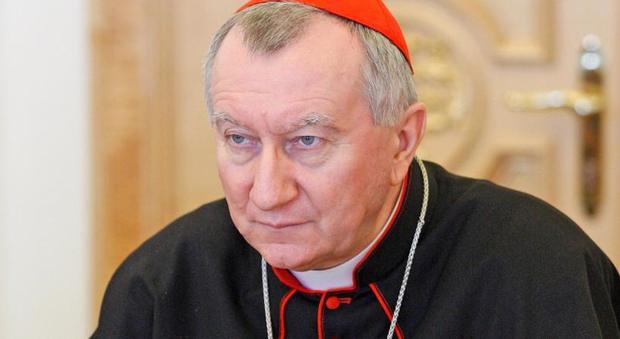CHINA-VATICAN
New regulations ask Catholics to elect their bishops democratically and report to the state administration
by Wang Zhicheng
05/15/2019, 11.59

Beijing (AsiaNews) – Three days after its publication, there is still no complete Chinese translation of the long and important interview that Card. Pietro Parolin granted to the Global Times (newspaper linked to the People’s Daily, official organ of the Chinese Communist Party).
Although this was a first for a Chinese newspaper to give space to a Catholic cardinal, not one sentence has been reported in Chinese in the main national papers. Some brief quotations are carried by those dailies that publish outside China, especially those in which the cardinal expresses appreciation for the Chinese government and for its religious policy.
A journalist from the capital states that “the relationship between China and the Vatican does not matter at present. The country is completely focused on the trade war issues, which is trying the Chinese economy “.
Others point out that the interview was published just after the failure of the commercial dialogues between China and the United States. And the interview – currently available only in English – could be a kind of signal to the Western world that “the Vatican is with us” (ie with China and not with the United States by Trump).
The comments posted online by Catholics who read the text in English, are not positive. Several point to Card. Parolin’s “silences”. “Why didn’t the cardinal say a word about the destruction of the crosses and the persecutions that are happening now in China? Why, while many underground priests are crushed by the Patriotic Association, does the Vatican only want to talk about peace with the government, avoiding all mention of the Patriotic Association’s harassment? “
Another commented: “The cardinal did his duty: to talk about trust and optimism, with beautiful but somewhat theoretical phrases, without many concrete details. It seems similar to the behavior of us priests when we go to visit a seriously ill person in the hospital: we feel it our duty to say words of encouragement and trust, with the good intention to console the sick, without being able to heal him”.
In one of the answers the cardinal mentions the difference between inculturation and sinicization, and seems to indicate the possibility that they are “complementary”. Here the comments are clear: “Sinicization is only the beginning: afterwards comes elimination [of the Church]”.


 ENG
ENG